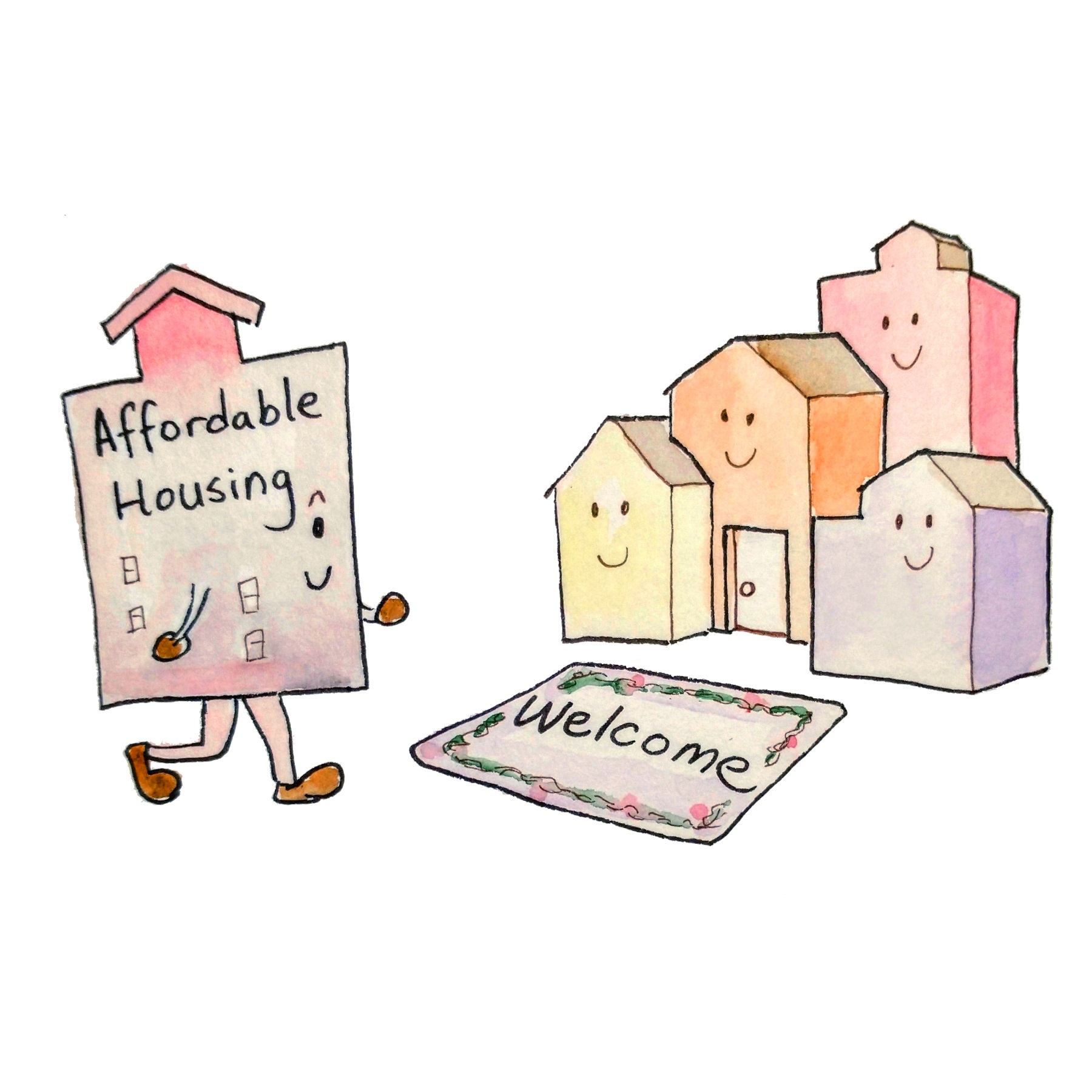Last Wednesday, San Mateo County’s Board of Supervisors heard an informational session on a prospective ballot measure to authorize affordable homes pursuant to Article 34 of the California constitution. HEART, the County’s regional housing trust, requested the County to consider a ballot measure so that HEART could pursue an innovative new preservation program.
The Supervisors directed the County to pursue an education and listening program with the cities of San Mateo County to develop a measure that will promote affordable homes pursuant to Article 34, to be placed on the ballot during a later election cycle.
First passed in 1950, Article 34 “appealed to racist fears about integrating neighborhoods” with the intent of keeping affordable housing and communities of color from entering certain areas. Article 34 requires all publicly subsidized low-income housing to undergo a ballot referendum.
The proposal initially under consideration by the Board of Supervisors would allow the County to annually acquire or build low-income housing amounting to 1% of total units countywide, currently amounting to approximately 2,900 homes, without the need for such a risky and cost-prohibitive process. After discussions with cities and community members, the BoS may adjust a future ballot measure to promote affordable homes.
The state legislature has passed narrow exemptions to Article 34 enabling the development of some affordable housing, but those exemptions are limited in scope and risk legal challenges. Passing a measure pursuant to Article 34 would allow San Mateo County and its constituent cities to:
- Acquire existing affordable homes in danger of converting to market-rate and keep those homes permanently affordable.
- Acquire existing market rate homes and convert them into affordable homes and develop new homes at a range of incomes onsite.
- Engage in land banking, the acquisition of old/vacant/blighted/underutilized properties for future redevelopment, renovation, or use. This will maximize land use.
- Function as a public developer and build affordable housing directly.
- Have actual local control. When local jurisdictions own land, they will be able to dictate the entirety of its use: labor standards, environmental standards, proportion of affordable homes, and deeper levels of affordability of what is built. Cities and the County would control every dollar of revenue generated by new development.

Leading up to the board of supervisors meeting, the San Mateo Daily Journal published an outpouring of support for legalizing affordable homes pursuant to Article 34. Some of our favorite snippets include:
- Article 34 measure will help with naturally occurring affordable housing: “As a government agency, HEART is subject to Article 34. HEART needs San Mateo County voters to allow local government agencies like HEART to acquire and preserve housing for lower-income residents.” —Glenn Sylvester, Daly City council member
- Support county’s Article 34 effort: Article 34’s “purpose—and impact—was to replace racially restrictive zoning with a new tool for racial and socio-economic exclusion.” —Karen Grove, Menlo Park
- Local control under Article 34: “The county and other agencies wouldn’t be able to build any new housing without approval of the duly elected city council. Let’s restore local control over affordable housing by supporting the county’s ballot measure.” —Cathy Baird, San Carlos
- Let residents have a voice on Article 34 ballot measure: “Millbrae has spent $300,000 suing the county to force a countywide vote on Article 34 and now the city is actively fighting against placing an Article 34 measure on the ballot. Do Millbrae’s leaders support the right of residents to vote on housing or not?” —Jess Hudson, Millbrae
- Avoiding governmental paralysis: “The voters do not need to be directly involved in every niggling little detail, and trying to force them to be involved just results in paralysis — which was the entire point of Article 34. ‘Council can’t do what the voters elected them to do, because we made it expensive and complicated’ is not local control.” —Auros Harman, San Bruno planning commissioner
HLC is grateful to the Board of Supervisors for their support of community outreach and education regarding Article 34. We look forward to supporting County efforts to increase opportunities for affordable homes.


